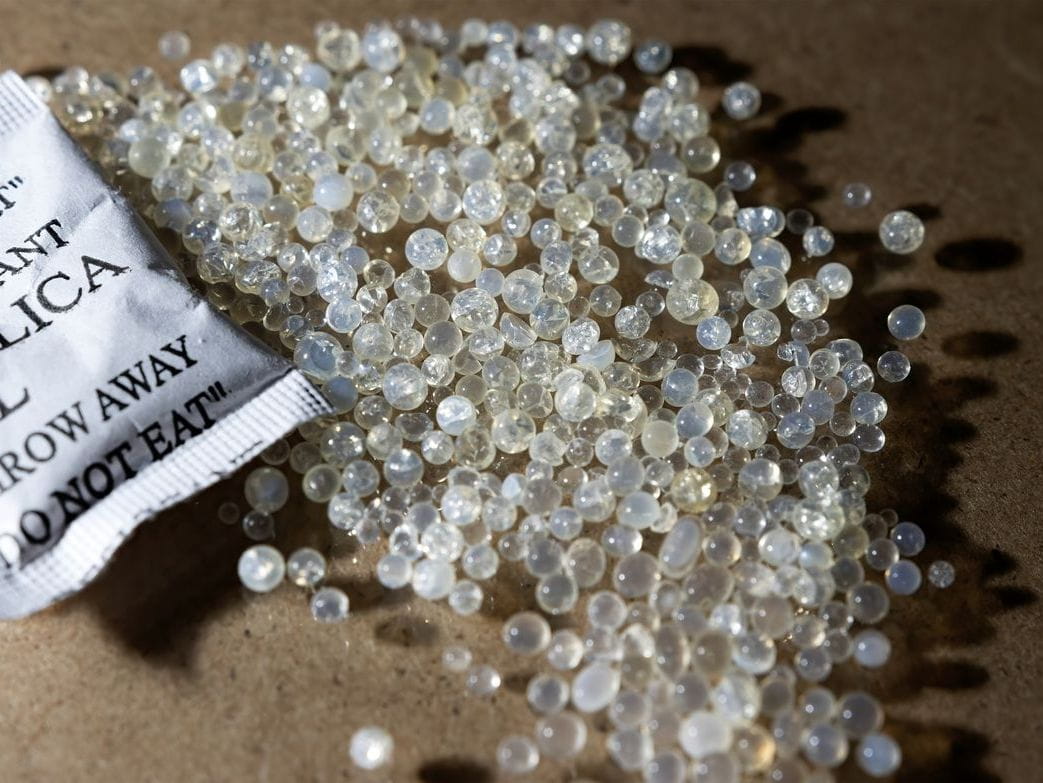Are Silicone Beads Safe? Exploring Food, Medical & Industrial Uses
Are Silicone Beads Safe? Exploring Food, Medical & Industrial Uses
Silicone beads have become a ubiquitous material in crafting, healthcare, and industrial applications. But are they safe? This article delves into the safety of silicone beads across different uses, certifications, and precautions to help you make informed decisions.
Introduction to Silicone Beads Safety
Silicone beads are made from polysiloxane, a synthetic polymer known for its chemical stability and inertness. Unlike plastics, silicone does not leach harmful chemicals under normal conditions. However, safety depends on the bead’s grade (e.g., food-grade, medical-grade) and application.

1. Food-Safe Silicone Beads: What You Need to Know
Food-grade silicone beads are certified by agencies like the FDA and EU’s REACH. These beads are:
-
Non-Toxic: Do not release BPA, phthalates, or heavy metals.
-
Heat Resistant: Safe up to 500°F (260°C) for baking and cooking.
-
Odorless and Tasteless: Ideal for food contact.
Applications:
-
Candy molds, baking mats, and utensils.
-
Storage containers and silicone bottle nipples.
Risks to Avoid:
-
Low-Quality Beads: Cheap imitations may contain toxic additives.
-
Overheating: While silicone is heat-resistant, prolonged exposure to open flames can degrade it.
-

2. Medical-Grade Silicone Beads: Biocompatibility and Safety
Medical-grade silicone beads are rigorously tested for biocompatibility. They are used in:
-
Implantable Devices: Catheters, joint replacements, and prosthetics.
-
Wound Care: Pressure-relief bandages and sensory therapy tools.
-
Dental Applications: Retainers and bite guards.
Safety Certifications:
-
ISO 10993 (biocompatibility testing).
-
USP Class VI certification for medical devices.
Risks:
-
Allergies: Rare cases of silicone allergies may occur.
-
Improper Sterilization: Medical beads must be sterilized before use.
-

3. Industrial Silicone Beads: Safety in Harsh Environments
Industrial-grade silicone beads are designed for extreme conditions:
-
Chemical Resistance: Withstand acids, oils, and solvents.
-
Vibration Dampening: Used in machinery to reduce noise and wear.
-
Sealing: Prevent moisture ingress in electronics and automotive parts.
Safety Precautions:
-
Prolonged UV Exposure: Some grades may degrade in sunlight; opt for UV-stabilized beads.
-
Sharp Edges: Cut beads can pose a physical hazard during handling.
-

4. Potential Risks and How to Avoid Them
A. Ingestion Risks
-
Small Beads as Choking Hazards: Keep beads away from children under 3 years old.
-
Ingested Beads: Non-toxic but may cause intestinal blockage if swallowed in large quantities.
B. Allergies and Skin Sensitivity
-
Rare Cases of Dermatitis: Clean beads thoroughly before use.
-
Hypoallergenic Options: Choose medical-grade beads for sensitive skin.
C. Manufacturing Defects
-
Poor Quality Control: Purchase from certified suppliers to avoid subpar products.

5. How to Choose Safe Silicone Beads
A. Look for Certifications
-
Food Grade: FDA 21 CFR 177 or EU 1935/2004 compliance.
-
Medical Grade: ISO 10993 or USP Class VI certification.
-
Industrial Grade: ASTM D2000 or MIL-S-8805 standards.
B. Material Transparency
-
Request Material Safety Data Sheets (MSDS) from manufacturers.
C. Reputable Suppliers
-
Partner with companies that provide traceability and quality assurance.

6. Frequently Asked Questions (FAQs)
Q: Can silicone beads be recycled?
A: Yes, but only by specialized facilities. Check local recycling guidelines.
Q: Are silicone beads safe for babies?
A: Yes, if they are food-grade and large enough to prevent choking.
Q: Do silicone beads expire?
A: No, but check manufacturer guidelines for recommended shelf life.
Q: How do I clean silicone beads?
A: Use mild soap and water; avoid abrasive scrubbers.
Conclusion
Silicone beads are safe when used according to their intended purpose and certifications. Whether for crafting, healthcare, or industry, prioritizing quality and proper usage ensures safety. At YIDEXIN, we provide certified silicone beads backed by rigorous testing—contact us to learn more!






 86-592-5659128 (to8016)
86-592-5659128 (to8016) anna@xmydx.com
anna@xmydx.com sallyliao1985
sallyliao1985 xmydx02
xmydx02 +86-13606037597
+86-13606037597